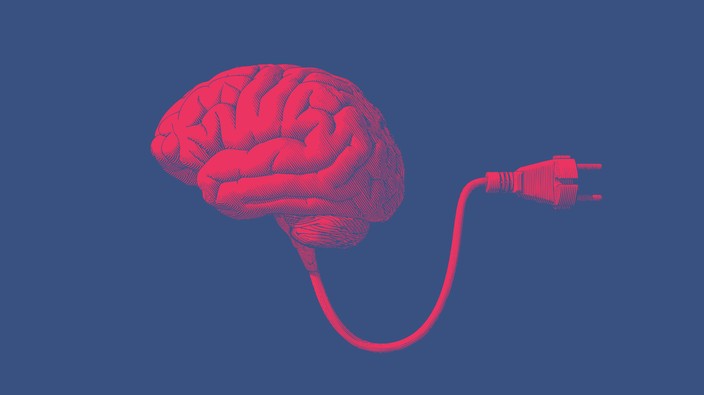brain tumour vaccine shows promise for glioma
glioma is a notoriously hard to treat type of brain cancer.
stem cell study identifies genes that may better the odds for people with blood disorders
research findings may also help in the treatment of sickle cell anemia, hiv, and some forms of cancer.
seizure 'forecasting': device worn on wrist helps people with epilepsy predict and prepare for seizures
worn like a watch, the wearable monitor is a non-surgical alternative to a neurostimulation implant.
 3 minute read
3 minute read









